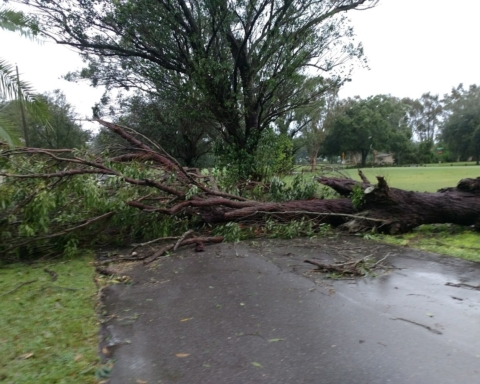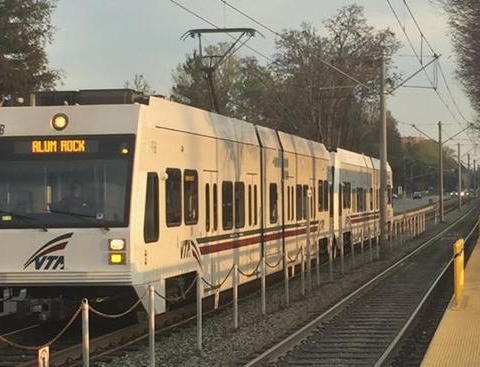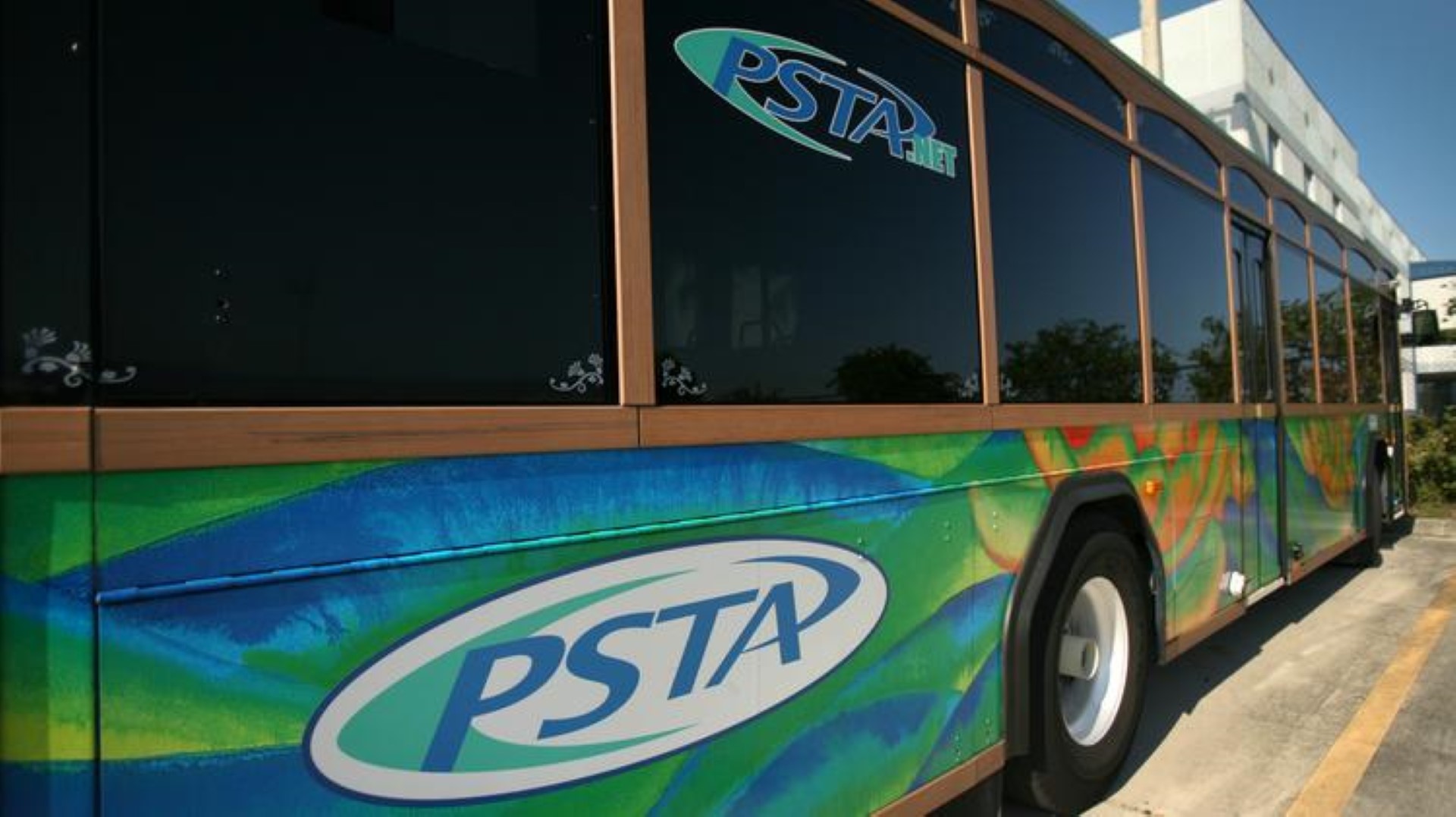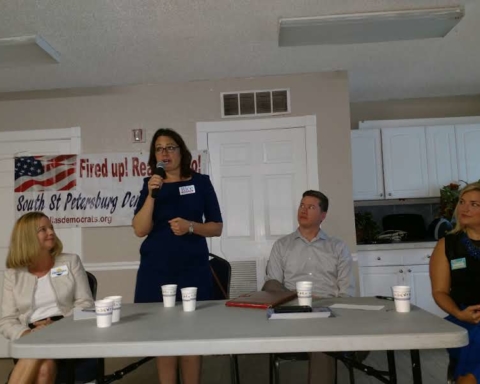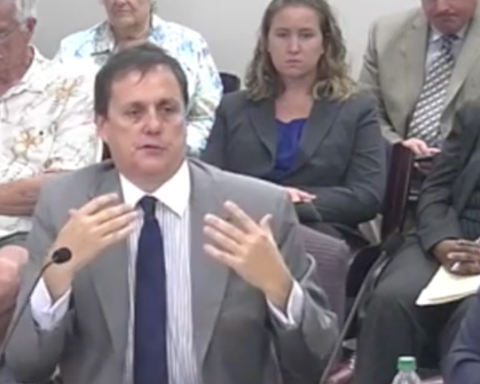Doing more with less.
That’s essentially the theme espoused by Hillsborough Area Regional Transit Authority CEO Katharine Egan since taking over the financially troubled agency nearly three years ago, but it’s definitely the case now as HART unveils its “Mission Max” schedule Sunday morning.
Under Mission Max, HART officials tout, most bus routes will now run seven days a week, with simpler, more direct routes and quicker travel times.
All true, but the agency is also cutting 13 different routes. Earlier this year, HART officials explained they had no choice — doing the same in fiscal year 2018 as it was in 2017 would cost an additional $13 million dollars.
“Your transportation investment is woefully inadequate,” Egan told the large crowd assembled at Cafe Con Tampa at The Oxford Exchange Friday morning.
These are the raw facts: Hillsborough County’s spending per capita is $55, Eagan said. It’s $66 in Pinellas, and approximately $690 in Portland, Oregon, for comparison’s sake. $400 in Seattle.
As always, Egan touted the talents of her staff for their “amazing” work with so little funding.
“We need to acknowledge that the buses are not sufficient for the population we have,” adding that it was time for “an honest conversation.”
The fact is, though, the region rejected attempts to put substantial funding into transit, with sales tax referendums going down badly in Hillsborough County in 2010 and Pinellas in 2014. Adding insult to injury was “Go Hillsborough,” the debacle of a more than yearlong process that would have put a sales transit tax before voters last fall. Hillsborough County Commissioners never allowed the public to weigh in. And a proposal to raise HART’s own millage rate by board chairman Les Miller was summarily dismissed by its board members earlier this year.
HART and the Florida Dept. of Transportation (FDOT) released the top six options for a project in what is known as the Regional Transit Feasibility Plan last week. Transit advocates have a lot riding on what results from this 18-month study, as it could ultimately be something the region could get behind and attempt to get federal and state money to fund.
The study is not expected to be completed until next fall.
During the Q&A, Tampa attorney Ron Weaver asked Eagan if there was a way to speed up the process so local leaders could possibly put up a half-cent sales tax referendum on the Nov. 2018 ballot, “instead of waiting two additional years.”
“You can’t rush the process,” Eagan replied. To rush a project by early next year, she said, would bypass having the public have its say on what will be the ultimate transit project to rally around. In addition, it would not qualify for funding. “We can move these studies, but if we don’t have the investment to run them, where do you go?’
“We can move these studies,” Egan said, “but if we don’t have the investment to run them, where do you go?’
She did admit there are other ways to fund transit projects without taxing local residents, citing other regions of the country with projects funded by the local government.
Political consultant Gregory Wilson asked Eagan if HART merged with PSTA and Pasco County’s transit agency, would she feel more productive.
Eagan sidestepped the question, saying the ideal would be an app that could be integrated seamlessly. Currently, HART does do some joint procurement projects with PSTA, but Eagan came back to the funding issue. “You can only get so crafty on $55 a pop. That’s still the issue.”
“You can only get so crafty on $55 a pop,” she said. “That’s still the issue.”
As with transit agencies across the country, ridership is down in both Hillsborough and Pinellas Counties. Two of the few regions in the nation where ridership has actually grown is Seattle and Houston, which recently reworked their bus networks, a factor that HART officials have championed in selling the Mission Max system.
Toward the end of the hour, one citizen asked what the public could do to make the system better.
Treading carefully — so not to tread into electioneering — Egan said it was crucial to reach out to local elected officials to stress the importance of a good transit system, and ideally, do it in person.
“Explain to them why this makes a difference for your business, for your choices of where your children go to school. Help us quantify that.”


